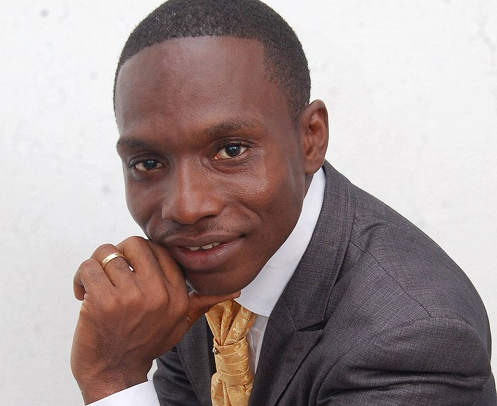
Is God concerned about our economy?
In the last few months, we have seen unprecedented merging and collapse of institutions in our banking sector.
Advertisement
We have also seen the symptoms of a perverse generation that have revealed a gross disrespect for the voice of a prophet.
In a controversial tweet, ace media person,
For the economic analyst, it is an issue of the banks not putting their house in order. If there were ever a time we needed an Elisha (economic prophet) in our land to redirect the minds and hearts of the people to embrace the prophetic office in relation to our current economic shake-ups, it is now.
Predicting the future is an aspect of the prophetic ministry. The prophet speaks to the present in the light of the future that God has revealed to him.
A sign of the end times
Jesus criticised the Jews because they could understand the weather, but they could not interpret the signs of the times (Luke 12:54-56). Money has become the god of many. It has taken the place of God in the hearts of many, and God wants to take his rightful place in this nation and in our hearts. I want to stress that God did not collapse the banks, men did. But God collapsed money in the hearts of many.
God is shaking money out of the hearts of many. Money must serve us; we should not serve money. This economic challenge will redefine our relationship with God and correct many false beliefs people have had towards God as a father and provider.
Greed and money lovers
God does not cause troubles; they are rooted in human folly with a bit of demonic mischief thrown in. Let's face it, the banks love money. They want to build fat portfolios. Greed is not just a desire for wanting more, but a demon.
Consumers are also greedy. Love for money clouds their sound
What can be done?
If we want to start seeing the economy bettered, we will have to start paying attention to what God says. “The secret things belong to the LORD our God, but those things which are revealed belong to us and to our children forever, that we may do all the words of this law” (Deuteronomy 29:29).
God has spoken of things to come to this nation. However, these were minor components of the revelation, which helps to accomplish the major. If we are not fully aware of this, we will end up making choices we might question
You can cheat or manipulate nearly all systems that men have created. All the checks and balances in our banking sector are beaten almost always, but you cannot beat the system of the word.
There is a germination process of the word of God in your heart that takes time and cannot be avoided. Eventually, you are transformed to be what you keep hearing. So when we create our own systems and put wrong people in it, the system will
As a nation and institutions, we must understand God's view of money and how to manage it from his perspective. God gave money to serve us, not to rule us. He is not so concerned with the wealth the nation has. His primary concern is with how these possessions are viewed, and what we do with what we have.
Money must be used as a tool to help the poor; not to amass more wealth. Those who have more must help those who do not. That's how God views money.
To the banks, add the poor to your priority list; not the high earners only. To the nation and leaders, hoarding money is the doorway for the spirit of poverty. Poverty is a spirit, and every spirit has
They'll do anything for money. If they must hoard all the money, enjoy at the expense of the poor, or deny, exploit or even kill the poor for money; it feels right to them. Stay here with me - Cain is a classic example of this truth. The name Cain means acquired; possessions; gotten, and Abel means empty of substance, have nothing. So why should a man with possessions kill the man with nothing, but fail to believe God for needs supply? Your guess is as wild as mine.
This spirit, when it's personified in a country, swallows the riches of families, individuals
Every spirit can be rebuked. Therefore, I rebuke the spirit of poverty over this nation and invoke the blessing of the Lord over the economy and this nation. For “the blessing of the LORD makes one rich, and he adds no sorrow with it” (Proverbs 10:22).
Did you get that? The riches of the nation are not in the hands of those who believe in scarcity and
Embrace the ministry of the prophet
The Church is the main concern of the prophet. He speaks to the people of God to bring both direction and correction to the Church. However, a prophet may also be called to speak to his nation. Many of the prophets of the Old Testament found themselves taking an important role in national affairs. Some also addressed their words to foreign nations. Isaiah, Jeremiah
As a nation, we must embrace the prophetic ministry but not condemn it. A nation without a prophet is doomed.




